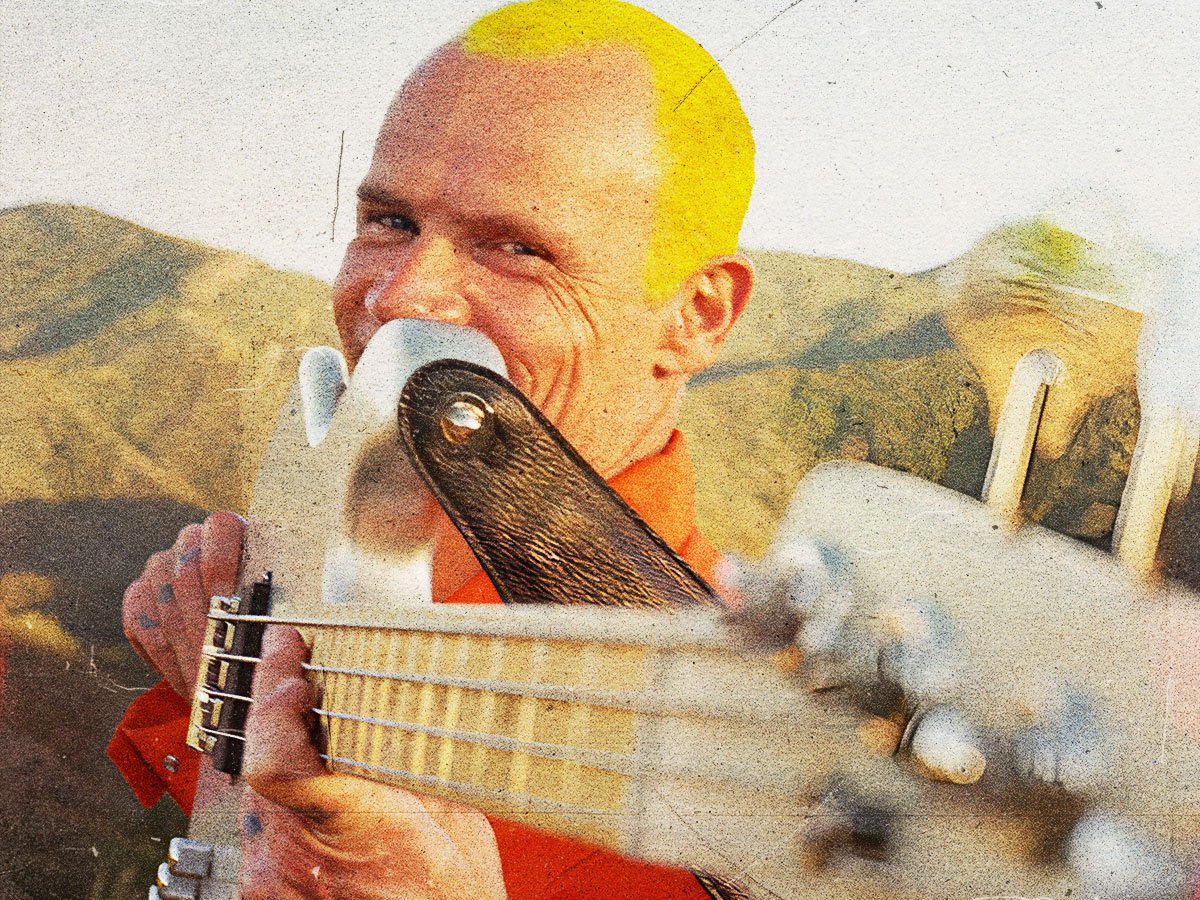
The Red Hot Chili Peppers and the “One Hot Minute” Era: A Tumultuous Time in Their Career
Most bands experience a period they’d rather forget, but for the Red Hot Chili Peppers, the 1990s presented more than their fair share of turbulence. The most notable low point for many fans and the band itself was One Hot Minute, their sixth studio album, released in 1995. This album marked the band’s only collaboration with guitarist Dave Navarro, who was brought in to replace John Frusciante after his departure.
Frusciante had been a key figure in shaping the band’s sound. Joining the Peppers at just 18 years old, his prodigious talent helped the band through the difficult period following guitarist Hillel Slovak’s death. With his addition, the band’s sound evolved from a purely rhythm-based approach to a more melodic, dynamic style. Mother’s Milk (1989) and Blood Sugar Sex Magik (1991) represented this shift, propelling the Peppers to international stardom. However, success took its toll on Frusciante, who struggled with fame and developed a heroin addiction. His departure after the band’s infamous 1992 Saturday Night Live appearance left the group in turmoil.

After several unsuccessful replacements, including guitarist Arik Marshall, the band recruited Navarro, a guitarist known for his work with Jane’s Addiction. Navarro, blending metal, psychedelia, and folk into his style, seemed like a perfect fit on paper. However, problems quickly arose. Both Navarro and frontman Anthony Kiedis battled drug addiction during the making of One Hot Minute, and Navarro’s lack of interest in funk music or jamming—core aspects of the Peppers’ identity—created further friction. His guitar style, more grunge and metal-oriented, contrasted sharply with the Peppers’ signature funky, upbeat sound.
When One Hot Minute was released, its heavier, darker tone shocked many listeners. While it sold over eight million copies, it received mixed reviews and was seen as a departure from the band’s previous work. The album’s sound was melancholic and introspective, reflecting the internal struggles the band was facing at the time.
By 1997, the band’s US tour was cancelled due to worsening relations and drug problems, and Navarro left the band in 1998. It seemed the Peppers were on the brink of disbanding. However, in a surprising turn, Flea reached out to Frusciante, asking him to return despite his past struggles with addiction. Frusciante’s return revitalized the band and led to the creation of Californication (1999), their best-selling album to date.
In retrospect, One Hot Minute remains a pivotal, albeit difficult, chapter in the Red Hot Chili Peppers’ history. The album’s darker sound and internal challenges paved the way for the band’s eventual resurgence, proving that even in their lowest moments, the Peppers’ resilience would lead them to new heights.

Leave a Reply